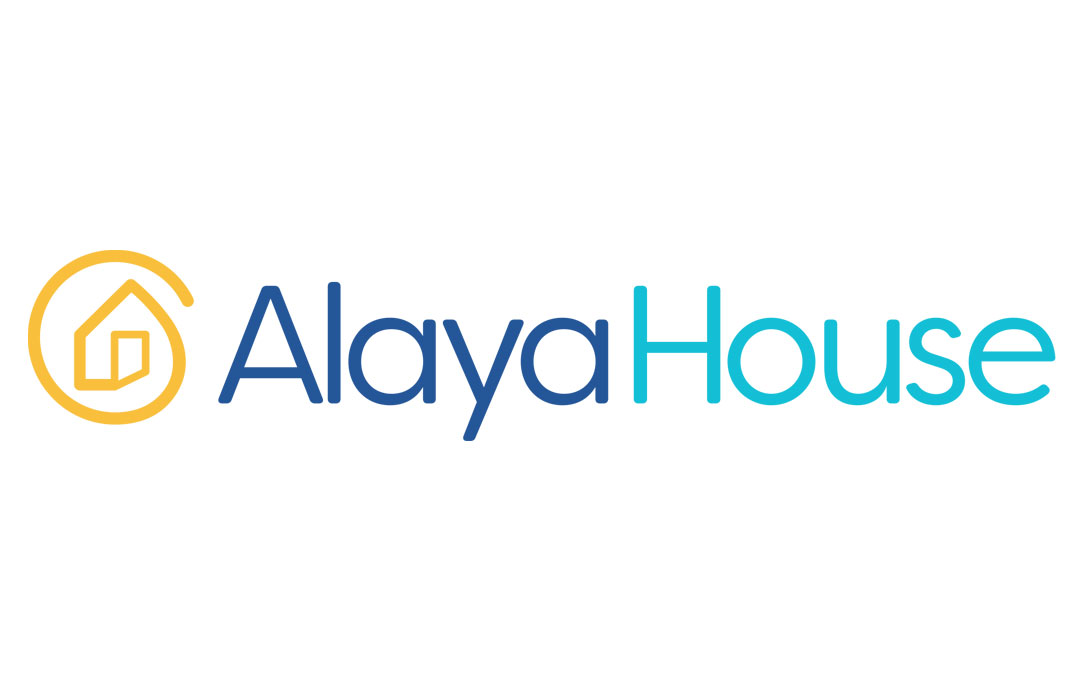
Building regional capacity to support mental illness
Alaya Partners has been funded by Murray PHN to build community and sector capacity to respond to mental illness effectively. This funding was distributed in response to this regions most recent population health needs analysis. The analysis indicated a need to improve service access and community understanding for clients living with more severe/complex mental illness. As an active provider of education and resources in the Goulburn Valley region, Alaya has responded by developing the following support:
- Training packages to primary care practitioners. This aims to increase their confidence, skills and knowledge when working with clients with severe/complex mental illness.
- Update and refine current medical software templates to ensure they support and guide primary care practitioners. This includes information to support clients with co-morbidity and tips to align care plans to recovery oriented principals
- Implement consistent approaches to client assessment and support in the region. This was done by introducing the Recovery Star model to mental health clinicians working with severe/complex mental illness.
- Deliver Mental Health First Aid training to support networks (carers, family and friends) of those clients living with mental illness. This aims to better equip them to understand and support their loved ones and/or clients.
Overall, the implementation of more effective support around general practice and primary care practitioners (as service advocates and referrers) has improve the accuracy of mental health pathway access for clients in Goulburn Valley. Working with primary care to improve medical software templates has also improved the comprehensiveness of Mental Health Treatment Plans conducted on behalf of clients.
Image Credit: Duncan Cunningham-Reid via Flickr Creative Commons

